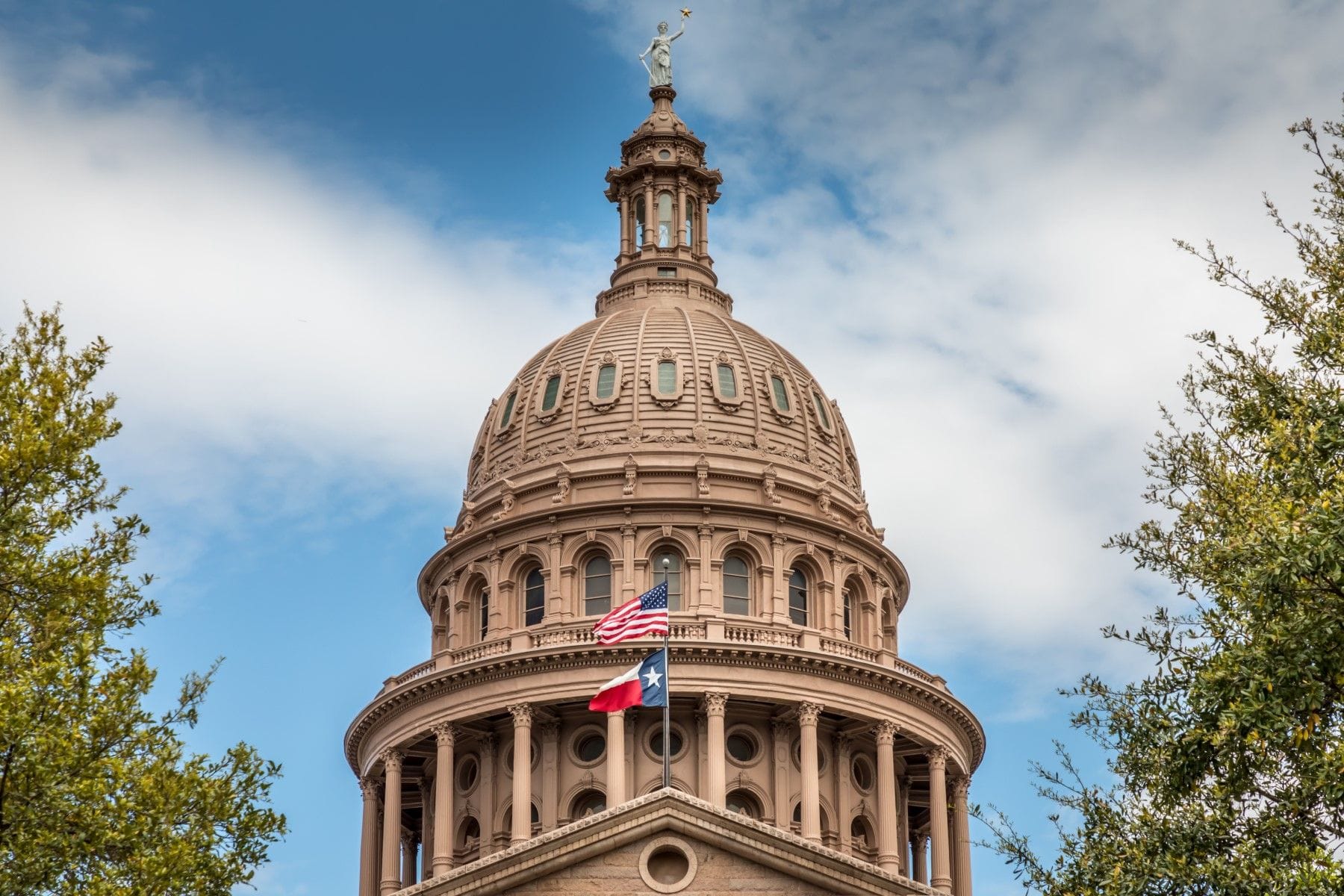The Real 'Nuclear' Threat in Texas Tort Reform: Corporate Profits, Not Jury Verdicts
A high-stakes legal reform in Texas sparks fierce debate over justice, corporate power, and the truth behind headline-grabbing jury verdicts.
Updated on
The Allegations Behind SB 30
Texas Senate Bill 30, a sweeping tort reform measure aimed at curbing so-called "nuclear verdicts," is gaining momentum in the state legislature. Promoted by Texans for Lawsuit Reform (TLR) and backed by major insurance industry players, the bill claims to protect the public from runaway jury awards that are said to destabilize businesses and inflate insurance rates.
But according to attorney Cody Dishon, the bill is based on a myth.
In a sharply worded commentary for Texas Lawyer, Dishon argues that the narrative surrounding "nuclear verdicts" is a calculated public relations strategy designed to undermine the constitutional rights of injured Texans. The legislation, he asserts, is not about justice—but about shielding corporate interests from accountability.
“This entire push is nothing more than a PR stunt—a sky-is-falling narrative designed to manipulate the public while quietly advancing policies that feed corporate greed,” Dishon wrote.
What the Data Really Shows
Contrary to the alarmist rhetoric, actual trial data paints a very different picture. Dishon, citing research co-authored with trial lawyer Will Moye, notes that between 2021 and 2025:
- Only 4.6% of Texas jury verdicts exceeded $10 million
- Nearly half (48.4%) were under $50,000
- Two-thirds of cases resulted in defense verdicts or awards below $50,000
- Motor vehicle accidents comprised 74.2% of trials, with a median verdict of only $38,600
These findings were echoed by Judge Mike Engelhart, the 2024 Trial Judge of the Year, who testified before the Senate Judiciary Committee that so-called "nuclear verdicts" are rare and typically corrected by appellate courts if they stray from legal standards.
The Insurance Industry’s Windfall
Dishon asserts that the real “nuclear” force in Texas is not jury awards—but insurance company profits. He points to a staggering $169 billion in industry profits and $20+ million salaries for insurance executives as evidence of misplaced legislative priorities.
Instead of tackling price gouging or bad-faith denials of valid claims, Dishon argues, the legislature is targeting injured individuals, including victims of sexual assault, catastrophic injury, and wrongful death.
“TLR says nothing about these nuclear profits and salaries, the insurance gouging of Texans, or the denial of valid claims. Instead of holding these insurance corporations accountable, TLR targets victims of tragic circumstances,” he wrote.
Potential Harm to Injured Texans
Among the most controversial aspects of SB 30 is its proposal to cap medical damages using a rigid federal formula—an approach that critics warn will limit access to care. Many healthcare providers already reject reimbursement rates set by federal benchmarks. If implemented, this cap could leave injured patients, especially those with lifelong care needs, without necessary treatment options.
Dishon warns that these reforms would devalue human life, diminish civil accountability, and hurt the very people the legal system is designed to protect.
Even Industry Advocates Admit Rates Won’t Drop
In a revealing moment during public testimony, TLR lobbyist Lee Parsley admitted the bill’s failure to guarantee any reduction in insurance rates.
“I will not tell you today that this bill will lower insurance rates. I won’t do it, and the insurance industry probably won’t either, because we don’t know that,” Parsley stated during a committee hearing.
This admission undercuts one of the bill’s central promises, further reinforcing Dishon’s argument that the legislation is more about protecting profits than delivering relief to consumers.
What’s Next for SB 30
SB 30 is part of a broader legislative agenda that includes efforts to limit liability for trucking companies and other corporate defendants. With growing resistance from trial lawyers, patient advocates, and civil rights groups, the debate over SB 30 could set the tone for future battles over access to justice in Texas.
Dishon closes his commentary with a direct appeal to lawmakers and the public: “Leave sexual assault victims, injured working-class people, permanently scarred children, and Texas families who lost loved ones alone. In other words, leave my clients alone.”
Law Firm Involved
You can learn more about Cody Dishon and his firm here: The Dishon Firm


